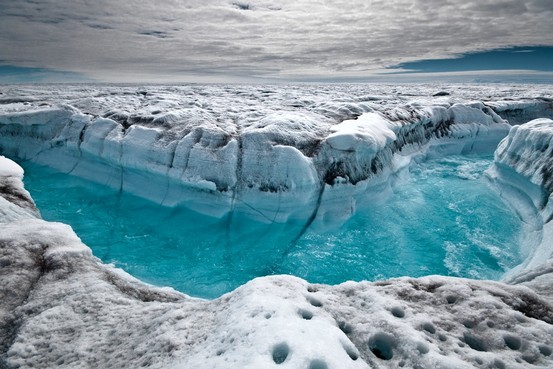Walter & Duncan Gordon Foundation, Toronto / Munk-Gordon Arctic Security Programme
13-May-2013
 International experts recommend key focus areas for next 2 years
International experts recommend key focus areas for next 2 years
As leadership of the Arctic Council passes from Sweden to Canada May 15, experts say it is crucial that northern nations strengthen response capabilities to shipping-related accidents foreseen in newly-opened northern waters, as well as to more-common local emergencies such as floods, forest fires and rescue situations.
And Canada needs to lead by example. Despite having the world’s longest Arctic coastline and second-largest territory in the region, its far northern marine and aviation infrastructure badly lags by international comparison, according to experts with the Munk-Gordon Arctic Security Program, an initiative of the Canada Centre for Global Security Studies at the Munk School of Global Affairs, University of Toronto and the Walter and Duncan Gordon Foundation.
Northern emergency flight rescue operations today originate from the Royal Canadian Air Force base in the southern Ontario city of Trenton and involve at least eight hours of flying. The Canadian Coast Guard aims to respond to requests for icebreaking services within 10 hours. However, weather and distance often result in response times measured in days.
By contrast, Russia is building 10 search and rescue stations along its Northern Sea Route, expected to open in 2015.
The Arctic Council ministerial meeting this week is hosted by the outgoing chair, Sweden, in that country’s northernmost city, Kiruna.
News release in full, click here
Selected coverage: by
- Reuters, click here,
- Toronto Star, click here,
- The Canadian Press, click here,
- Postmedia News, click here,
- Agencia EFE, click here
Coverage summary, click here